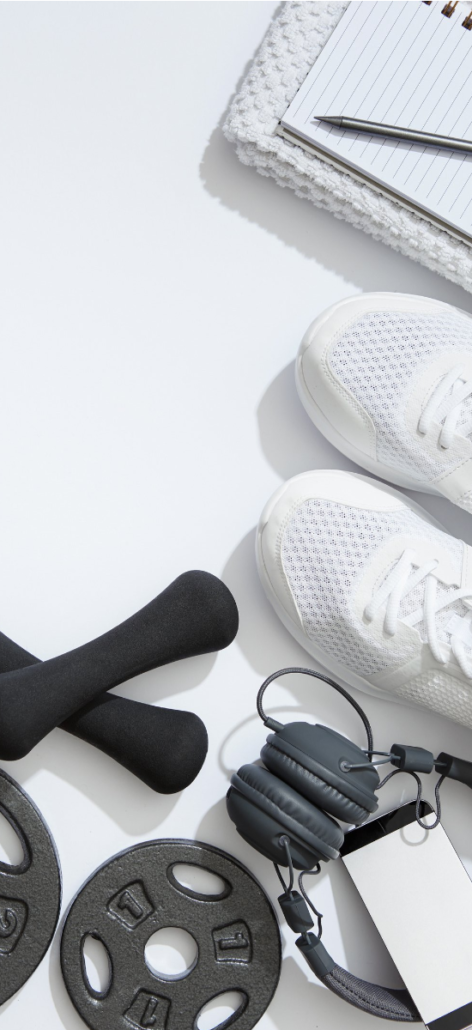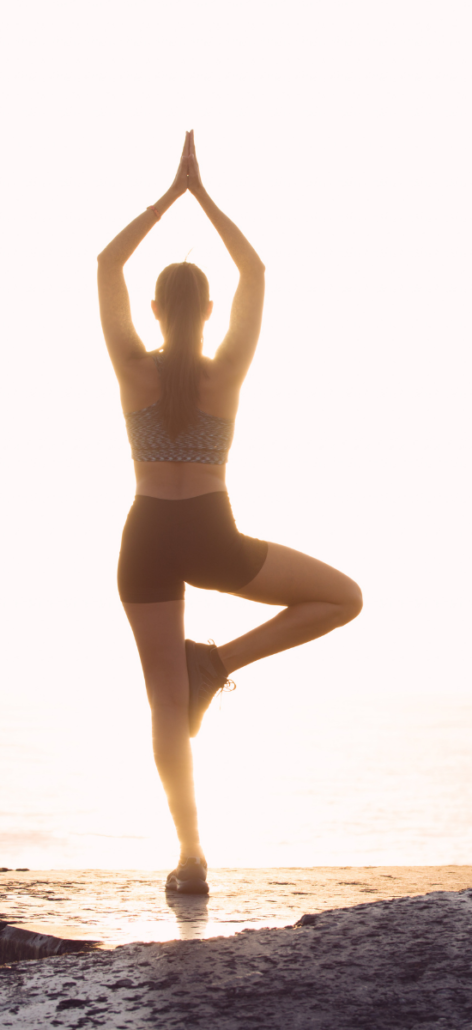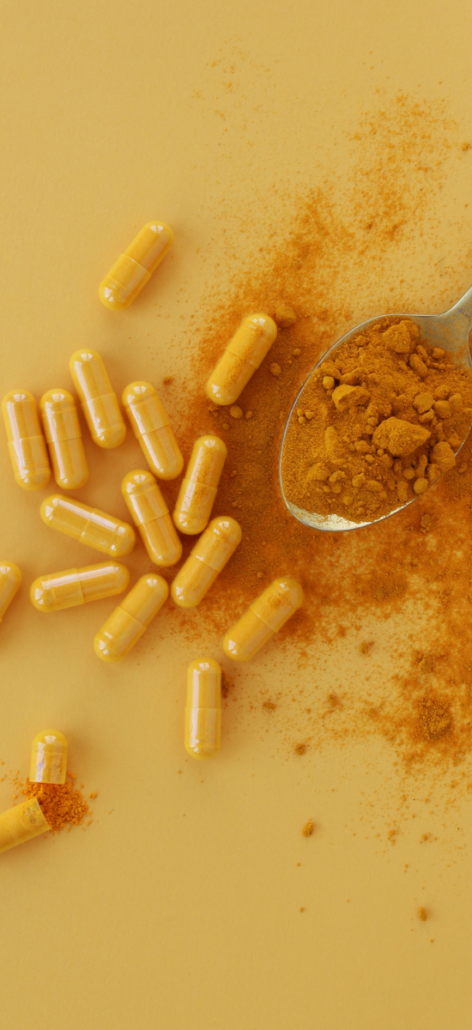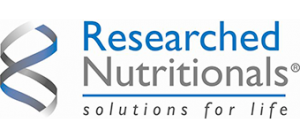Everyone knows the benefits of exercise. It fosters a healthy lean body and a positive outlook on life. With the ever-increasing threat of obesity and its subsequent health consequences, everyone is encouraged to exercise. Recommended exercise is 30 to 60 minutes of activity daily and unfortunately many people are unable to meet this goal. While many people do not engage in enough activity, other people are doing strenuous and at times extreme activity. Races such as marathons and lengthy triathlons are becoming more common and can be very taxing on the body
Immune Imbalance
Regular moderate exercise helps the immune system by increasing the number of macrophages. These cells engulf pathogens and cellular debris within the body. With the increase in blood flow during exercise, these cells are transported more quickly to have a broader impact on the immune system. The temporary rise in body temperature is also beneficial to the immune system. The body returns to normal several hours after exercising but the improved immunity appears to extend past this recovery. People who do moderate exercise contract less upper respiratory infections than those who do not regularly exercise.
In contrast, research is beginning to show the negative immune effects of strenuous exercise. A review article by Shaw summarized the effects on T cells seen with prolonged exercise. Each of the three types of T-cell subsets; Th1, Th2 and T regulatory cells have distinct functions in the immune system. Each of these subsets produce different cytokines directing their immune function. Strenuous exercise causes a reduction in T helper 1 cells with a subsequent reduction in the production of interferon-gamma. T helper 2 and T regulatory cell levels are increased with heavy exercise. The increase in Th2 with a decrease in Th1 causes a Th2 immune shift leading to a weakness in the ability to fight viral infections and may lead to reactivation of chronic viral infections. Studies have shown that athletes are more susceptible to upper respiratory symptoms after more than 90 minutes of intense exercise for several days after the event.
Oxidative Stress
As with immune system function, there is a difference in metabolic response from moderate to severe exercise. Part of energy production involves the formation of reactive oxygen species within the mitochondria. During exercise, the contracting skeletal myocytes have increasing energy needs causing a rise in ATP and free radicals. With moderate exercise, the increase in free radicals are small enough that they cause redox signaling effects but not oxidative stress. In contrast, very intense exercise requires a much larger increase in energy and free radicals leading to oxidative damage.
Metabolic Stress
During exercise, the body produces cortisol, norepinephrine and epinephrine. These compounds are involved in the body’s stress response with cortisol being part of the hypothalamus-pituitary-adrenal (HPA) axes and epinephrine being part of the sympatho-adrenomedullary system (SAM). With strenuous exercise there is an increase in the stress response because of an elevation of these compounds. Research shows elite athletes can suffer from symptoms including fatigue, performance decline, insomnia, change in appetite, and weight loss. Mood issues such as irritability and depression often accompany these stress symptoms.
Altered Gastrointestinal Permeability
Between 20-50% of intense athletes suffer some type of gastrointestinal symptoms. With increased intensity of exercise, there is a natural increase in body temperature and a pooling of blood away from the GI tract toward the muscles. These physiologic effects can lead to a disruption in intestinal permeability and increased inflammation. Increases in cortisol that accompany intense exercise can also cause a shift in the microbiome leading to more permeability.
Optimizing Exercise Benefits
Considering the potential negative impact strenuous exercise can have on the body, it is important to prepare and support the body. A Th2 immune shift can be prevented with support for the Th1 or cell mediated immune response through transfer factors. The cell mediated immune system is critical for fighting viruses, so transfer factors can help avoid the increased risk of URI’s often seen after strenuous exercise. Herbal anti-virals can also be useful such as olive leaf and monolaurin when taken before or after intense exercise.
Oxidative stress leads to muscle damage during extreme exercise. Research has shown the natural anti-inflammatory curcumin can prevent muscle damage. Research using curcumin shows regulation of nuclear factor-?B and nuclear factor (erythroid-derived 2)-like 2 pathways. Other herbs such as boswellia and resveratrol can also be beneficial. Molecular hydrogen water has been studied to help prevent some of the negative effects of strenuous exercise. Research has shown reduced blood lactate levels, reduced acidity, less fatigue and muscle soreness from using molecular hydrogen.
Protecting the adrenals from fatigue and eventual burnout can be done with adaptogenic herbs. Many of these herbs help modulate cortisol and the stress response. Common adaptogens include ashwaghanda, rhodiola, and ginseng. Sports recovery formulas are beginning to include these adaptogenic herbs along with anti-oxidants.
Addressing the microbiome is always important. Any type of stress to the body impacts gut permeability. Probiotics can combat this influence. A randomized, double-blinded, placebo controlled trial tested effects of probiotic supplementation on markers of intestinal permeability, oxidative stress and inflammation, at rest and after intense exercise. The probiotic treatment decreased a marker of gut permeability called zonulin along with decreasing the inflammatory marker TNF-alpha. We all need physical activity for health. When this becomes more strenuous, our bodies need support to combat the physiologic stress. In integrative medicine, we have multiple compounds to support the immune system and fight excessive oxidative and metabolic stress from intense prolonged exercise.



- Aoki K, Nakao A, Adachi T, Matsui Y, Miyakawa S. Pilot study: Effects of drinking hydrogen-rich water on muscle fatigue caused by acute exercise in elite athletes. Medical Gas Research. 2012;2:12. doi:10.1186/2045-9912-2-12.
- Chilelli NC, Ragazzi E, Valentini R, et al. Curcumin and Boswellia serrata modulate the Glyco-Oxidative Status and Lipo-Oxidation in Master Athletes. Nutrients. 2016;8(11):745. doi:10.3390/nu8110745.
- Clark A, Mach N. Exercise-induced stress behavior, gutmicrobiota-brain axis and diet: a systematic review for athletes. Journal of the International Society of Sports Nutrition. 2016;13:43.
- Jeukendrup AE Et al. Relationship between gastro-intestinal complaints and endotoxaemia, cytokine release and the acutephase reaction during and after a long-distance triathlon in highly trained men. Clin Sci (Lond) 2000;98:47–55.
- Lamprecht M Et al. Probiotic supplementation affects markers of intestinal barrier, oxidation, and inflammation in trained men; a randomized, double-blinded, placebo-controlled trial. J Int Soc Sports Nutr. 2012;9:45. 61
- McLeay Y. Et al. Dietary thiols in exercise: Oxidative stress defense, exercise performance, and adaptation. J. Int. Soc. Sports Nutr. 2017;14:1–8.
- Purvis D. Et al. Physiological and psychological fatigue in extreme conditions: Overtraining and elite athletes. PMR. 2010;2:442–50.
- Sahin K, Pala R, Tuzcu M, et al. Curcumin prevents muscle damage by regulating NF-?B and Nrf2 pathways and improves performance: an in vivo model. Journal of Inflammation Research. 2016;9:147-154. (CurcuWIN™ research)
- Shaw DM. Et al. T-cells and their cytokine production: The antiinflammatory and immunosuppressive effects of strenuous exercise. Cytokine. 2017.
- Steinbacher P. Impact of oxidative stress on exercising skeletal muscle. Biomolecules. 2015;5:356–377.
- Webb R. Et al. The Ability of Exercise-Associated Oxidative Stress to Trigger Redox-Sensitive Signaling Responses. Antioxidants (Basel). 2017 Sep; 6(3): 63.
Share:
Related Posts

Goodbye Pie Chart, Hello Phase 1 Sliders
Written by Allison Smith, ND | 2025 As we usher in a new era of DUTCH testing which leaves behind the concept of the three-way

Introducing the DUTCH Dozen
Written by Kelly Ruef, ND | 2025 Hormone testing can be complex, which is why Precision Analytical developed the DUTCH Dozen, an interpretive framework that

DUTCH Report Enhancements
Written by Hilary Miller, ND | 2025 Precision Analytical have released the newest version of the DUTCH Test. This is the report’s most significant update

Gallbladder Health 101: What It Does and How to Keep It Working Well
Written by Ashley Palmer & Pooja Mahtani | 2025 The gallbladder may not get much attention compared to the gut, but it plays a central

Can You Bring Vitamins on a Plane? How To Travel with Supplements
Written by Austin Ruff | 2024 Are you traveling for a work conference, an athletic competition, or a weekend getaway? Just because you’re leaving home


